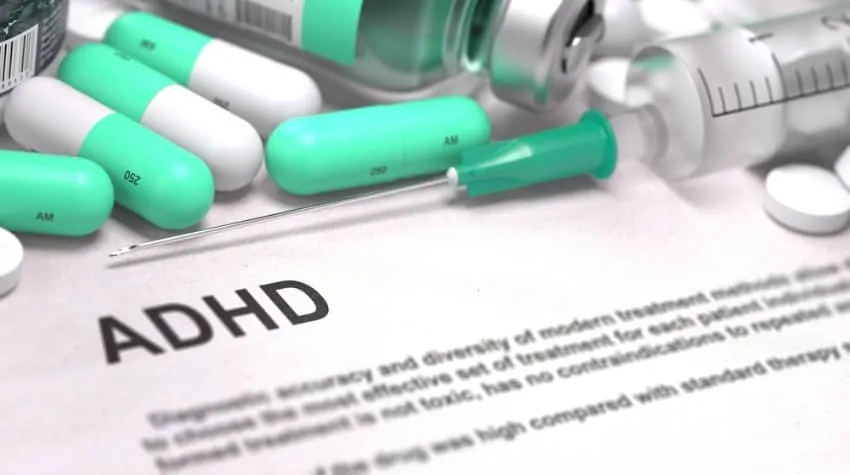Updated on July 20, 2023
5 Tips for Parents Dealing with Teenage ADD/ADHD
Keep in mind that ADD/ADHD teens are usually more eager to be accepted into social circles and are also more likely to engage in risky behavior like drunk driving, dangerous sexual activities, trying out drugs and alcohol, and others. It’s during these times in an ADD/ADHD teen’s life that they need a more steady hand guiding them at home.
Now, more than ever, rules need to be clear and straightforward. Sit down and talk to your teen if necessary, in order for you to explain why the rules are important. The “why” behind the rules are oftentimes taken for granted, which is never a good idea.
As much as possible, keep the rules short and concise to avoid confusion and to make it easier for teens to remember them. Keep a copy of these rules (including social rules or those you expect them to follow outside the home) in several spots at your house.
After reiterating the rules to them, get ready for these rules to be broken. Yes, your teen will often break this rules, consciously or not. When they break the rules, respond to the situation calmly and rationally.
“…Teens can be emotional, but ADD/ADHD teens are given to extreme emotional reactions. Responding to the situation emotionally adds fuel to the drama without resolving anything…”
The adolescent years of ADD/ADHD teens is also the time for parents to learn compromise and negotiation. Teens will want to spend more time away from home and they will ask for their curfews to be extended and for certain additional privileges.
Listen to them, take their concerns into consideration, and compromise when you think it is wise to do so. If you have other concerns that will lead to disagreeing with your teen’s request, it’s important to take the time to explain to them why you are putting your foot down on the issue. Don’t just say “no” without explaining why.

Here are 5 tips for parents of ADD/ADHD teens:
- Encourage your child to maintain the habit of keeping a planner and a calendar.
- Help your teen make lists of the things that they need to do at home and in school. Don’t make the list for them. Let them work towards being self-sufficient in terms of wanting to be organized.
- Give your teen plenty of opportunities to talk to you. Having daily conversations with your teen during dinner and setting aside some quality time with them weekly develops the habit of communicating with you. Your teen will be a lot more comfortable talking about his/her new daily struggles if talking has become natural between you.
- Reinforce the need for healthy food and getting plenty of sleep. Because of the physical changes and the added activities of teens, it’s very important that they keep on eating properly and sleeping in time to keep the symptoms of ADD/ADHD under control.
- Keep working with your family physician to ensure that the physical changes going on inside your teens are properly handled. If your teen has been taking medication, it’s good to talk to your family physician and see if the hormonal changes will affect the dosage needed to fit your teen’s current needs.
Teenage ADD/ADHD and Driving
Teens often ask their parents if they can get permission to drive the car by the time they are 15 (in some states, the age when you can get a learner’s permit). Keep in mind that ADD/ADHD teens may need more time to hone skills related to being a responsible driving than their peers who have no ADD/ADHD.
It’s important to let your teen show that they are ready for the responsibility before allowing them to drive, rather than let their age dictate their readiness.



















